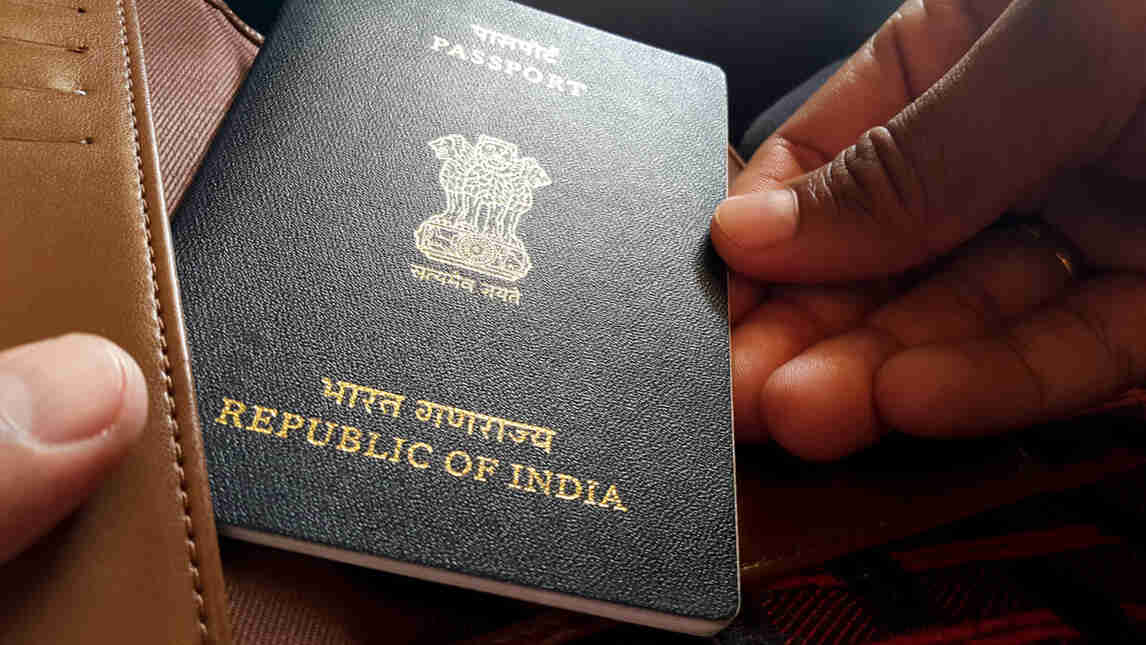

Getting a passport for your newborn baby is an essential step if you plan to travel with your little one. The process of applying for a passport for an infant in India is relatively straightforward, but it involves a few additional steps compared to adult passport applications. Parents or guardians will need to gather the necessary documents, fill out the application form, and visit the passport office for biometric verification. In this article, we will guide you through the process of applying for a passport for your infant or newborn baby in India.
In India, people of any age, including infants, can apply for a passport. However, the type of passport and the application process may differ depending on the applicant's age. The process of passport application for a minor (below 18 years of age) requires the consent of both parents, while adults can apply for a passport independently. Additionally, there are specific documents required for infants and minors.
Before applying for a passport for your newborn, you must go through the complete requirements for the same to ensure that the process is completed efficiently. Here are the essential documents, other requirements and steps for applying for a newborn's passport in India
You will need to submit the birth certificate of the newborn as the primary document for proof of date of birth. The birth certificate should be issued by the Municipal Authority or the office of the Registrar of Births & Deaths.
Recent passport-sized photographs of the infant are required. Please click here for guidelines on capturing photographs for minors below 4 years of age. Above 4 years, the photo is clicked at PSK.
The passport application for a newborn can be filled out and submitted online through the official Passport Seva website. Register on the portal, fill in the passport application form, and then submit it. After submission, schedule an appointment at the nearest Passport Seva Kendra (PSK) or Regional Passport Office (RPO).
Both parents' passports are required as part of the documentation process. This is to ensure both parents consent to the passport being issued for the newborn. However, if due to any reason, one parent is not present, Annexure C must be signed and submitted. If the spouse’s name is not endorsed on the parents’ passport, the marriage certificate is required. There are other special cases as in divorce, single separated parent, child of unwed mother, children born out of wedlock or children in orphanages, etc., where father’s name might not be available, or mother might not be ready to mention. All these cases are granted passport with the required documents. Check the requirements for these cases here.
You need to submit address proof that is valid and recent. This could include utility bills, Aadhaar card, bank passbooks, or any other document as specified in the passport application documentation list. Also, one of the parents’ passports is considered valid proof.
This is a mandatory declaration that needs to be filled out and signed by both parents. It is part of the application form and needs to be submitted along with the other documents. Annexure H is specifically required for minors and attests to the parents' consent for the passport being issued to the child.
The application fee for a newborn's passport can be paid online through the Passport Seva portal at the time of filling the application. Generally, the regular passport application fee for a minor in India is ₹1000, and the tatkal passport fee for the same is ₹ 2000.
On the date of the appointment, both parents along with the newborn must visit the PSK or RPO. Carry all original documents for verification. Carry the appointment receipt. The appointment SMS received on registered number also serves the purpose.
Depending on specific cases, police verification for your child passport may be required. However, in the case of newborns, it's generally post-issuance and quite straightforward, especially if either of the parents holds a valid passport. Ensure you have all the necessary documents ready and keep track of your application status online. The process is designed to be user-friendly and efficient, aiming to issue passports with minimal hassle.
Once you have all the documents and other requirements in place, you can apply for your baby’s passport. Application for a passport for a newborn baby in India involves online and offline procedures. You can choose to approach the same through any of the two processes. You can find both the online and offline procedures listed below.
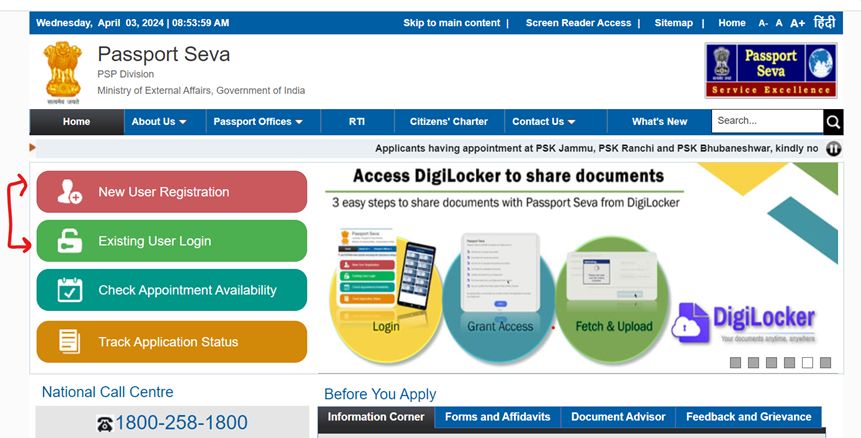
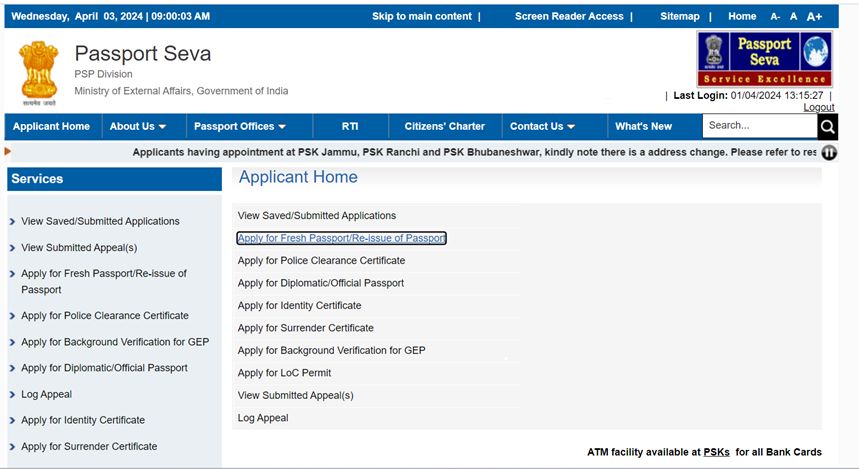
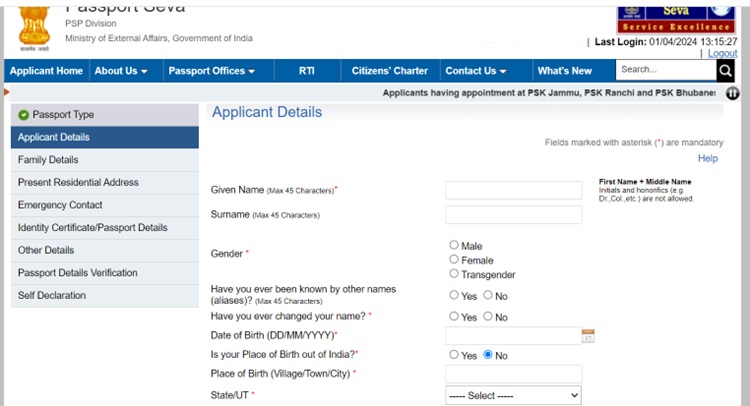
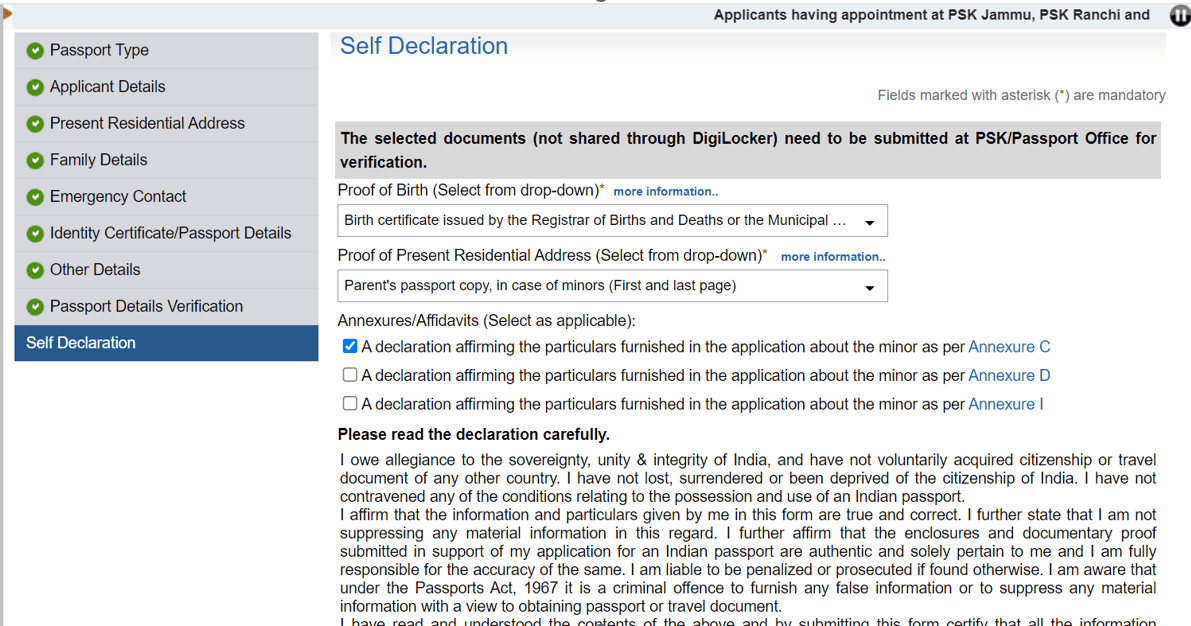
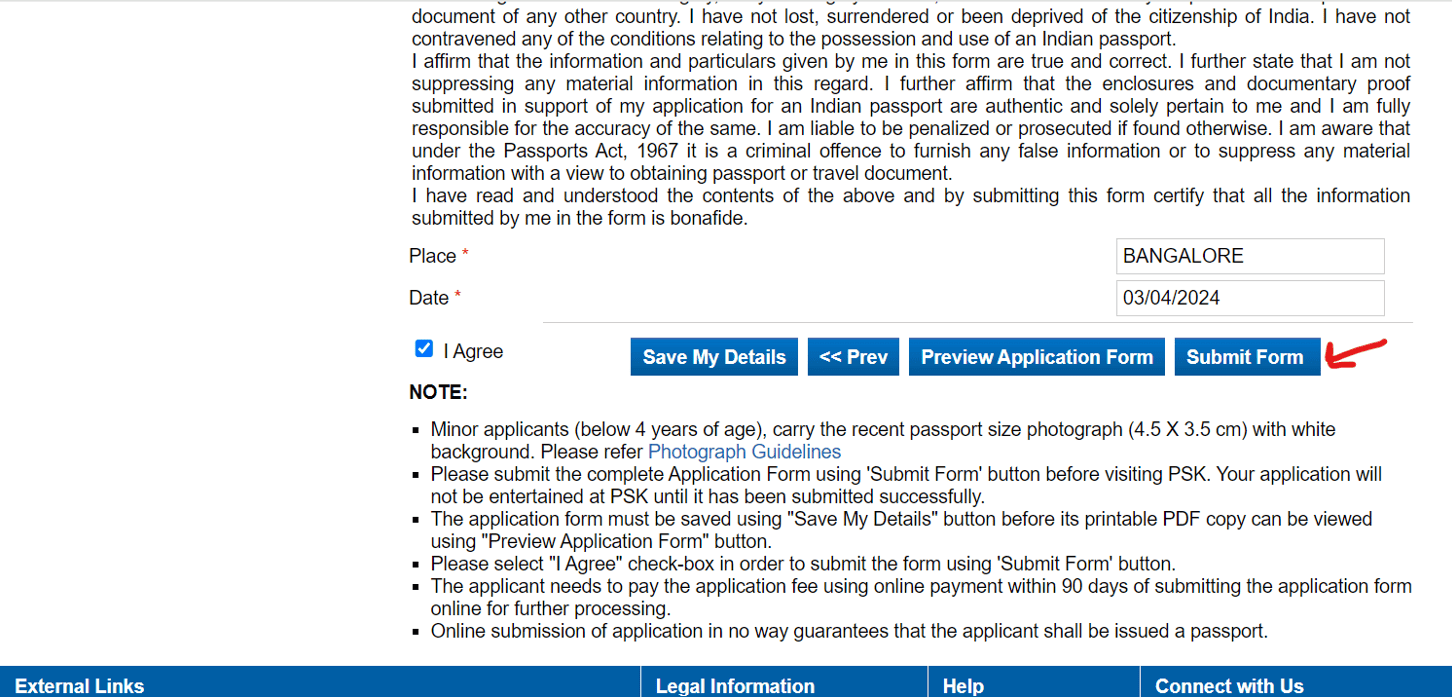
This concludes the online passport process for infants.
However, if this isn’t your cup of tea, the government also allows for offline applications.
While not all Passport Seva Kendra allow for walk-in applications in the case of adult passports, this facility is available for minor and infant passports. Here is the step-by-step process to follow –
Now that you know how and where to apply for an infant passport, you must also know about the various documents necessary for this process’s completion.